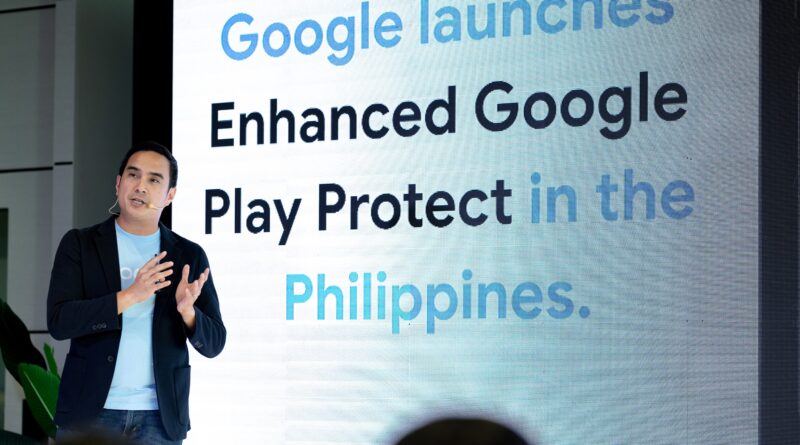Google Introduces Enhanced Play Protect to Combat Scams
Google Introduces Enhanced Play Protect to Combat Scams
MANILA, PHILIPPINES – In a bid to protect people from online scams, Google announced the launch of Enhanced Google Play Protect during Safer Internet Day. This new feature for Android devices aims to counter the escalating threat of financial fraud and scams in the Philippines, a significant portion of which stem from sideloaded apps—those downloaded from unofficial sources rather than the Google Play Store. These malicious apps often disguise themselves as harmless quick loan applications or instant reward games, only to steal personal data or funds once installed.
Addressing a Growing Challenge
Recognizing the severity of this issue, Google has made a major advancement in mobile user protection with Enhanced Google Play Protect. This enhanced security feature offers real-time scanning to better safeguard users from the dangers of sideloaded apps. Designed to detect malicious apps employing sophisticated techniques, including AI-driven evasion methods, Enhanced Google Play Protect has already demonstrated significant improvements in user safety in countries like India, Thailand, Singapore, Brazil, and now the Philippines.
Significant Impact in the Philippines
As of February 10, Enhanced Google Play Protect has blocked over 3.2 million high-risk app install attempts in the Philippines, potentially saving users from devastating financial losses. To put this into perspective, that’s the equivalent of ₱3.2 million saved, assuming a single peso loss per blocked install.
“Online safety is crucial in today’s fast-paced digital landscape. Google is reinforcing its commitment to user security with the launch of Enhanced Play Protect in the Philippines. This innovation automatically blocks the installation of potentially harmful apps from unofficial sources. We applaud Google’s efforts to protect Filipinos online. By working together, we can build a stronger foundation for internet safety in the country,” said Emilio Benito Aquino, Chairperson and CEO of the Securities and Exchange Commission (SEC).
Local Partnerships for a Safer Online Space
In addition to Enhanced Google Play Protect, Google has partnered with various content creators to promote online safety. This year, they collaborated with EduCreator Coach Lyqa for a new YouTube video debunking cybersecurity myths. In previous years, they partnered with Ben&Ben to spread the message of internet safety through music.
Furthermore, Google is expanding access to its #YOUTHink media literacy publication by releasing an Ilocano-language version. This inclusive initiative, designed to teach people how to fight misinformation, aims to reach more Filipinos across different regions. #YOUTHink is also available in Filipino, English, and Cebuano.
“Google is deeply committed to digital responsibility and internet safety,” said Jackie Wang, Google Country Director for Thailand and the Philippines. “This commitment drives us to develop innovative products like Enhanced Google Play Protect and collaborate closely with local NGOs, communities, and ecosystem partners. Together, we can build a safer and more secure online space for Filipinos.”
Building a Safer Internet
Google Introduces Enhanced Play Protect is a testament to Google’s dedication to creating a safer digital environment. By blocking high-risk app installations in real-time, this feature prevents potential scams and secures personal data.
By working together with local content creators and expanding their initiatives, Google aims to educate and protect more Filipinos from online threats. The ongoing efforts to promote internet safety and digital responsibility highlight Google’s proactive approach to creating a secure online space.
As financial fraud and scams continue to rise, innovations like Enhanced Google Play Protect are essential in safeguarding users. Google’s commitment to user security and digital responsibility ensures that Filipinos can navigate the digital landscape with greater confidence and peace of mind.
For more information on how Google keeps you safer online, visit Safer with Google.


